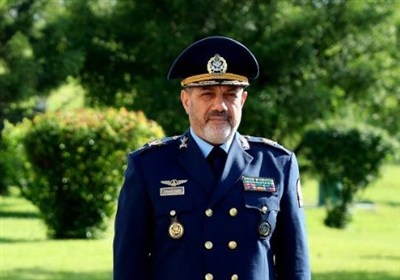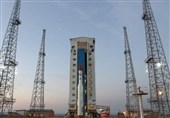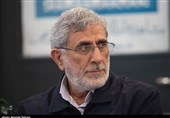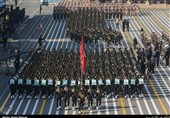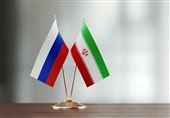Lavrov Comments on Astana Talks on Syria
TEHRAN (Tasnim) - Russian Foreign Minister Sergey Lavrov expects the next round of consultations on Syria in Astana to yield good results, just like the previous ones.
"As for the question whether or not we expect a breakthrough at the next Astana round, that depends on what should be considered a breakthrough. The latest meeting was very specific," Lavrov said on Friday following talks with his Kazakhstani counterpart Kairat Abdrakhmanov.
"It specified the parameters of the de-escalation zones, primarily in Idlib, which is, perhaps, the most difficult. Five documents, purely practical ones aimed at specific steps on the ground, were signed by the guarantor countries with the participation of representatives of the government and the opposition. They regulate the operation of the de-escalation zones and the issues related to humanitarian aid and dialogue in light of the emerging national reconciliation."
"Can this be considered a breakthrough?" Lavrov went on to say. "I personally believe that this should not necessarily be described using some lofty words, but this is a very good specific result. I am confident that the next meeting in Astana, just like the previous ones, will be productive as well with the help of our Kazakhstani hosts."
"We believe it would be useful to extend the number of observer states and we welcome discussion on this issue," he said. The minister stressed that even "without formalization of participation in the [Astana] process, many [countries] are already making useful contribution to success of this initiative."
Russian Deputy Foreign Minister Gennady Gatilov earlier said that the next round of the Astana talks on Syria will be held on October 30-31, TASS news agency reported.
Dragging out the Geneva talks on Syria is linked to attempts by some opposition members to set preliminary terms, he said.
"Unification [of Syrian opposition groups] by Saudi Arabia is rather aimed at the Geneva talks that are still stuck, including because some oppositionists are trying to set preliminary demands and conditions like President Assad’s resignation from political office, which runs counter to [UN] Security Council’s Resolution 2254 that served as the basis for the Geneva process," the Russian top diplomat noted.
A new round of the Geneva talks on Syria was to be held in August. According to recent statements by Special Envoy of the UN Secretary-General for Syria Staffan de Mistura, it may be held not earlier than in late October.
Russia and Kazakhstan believe it is necessary to curb an unprecedented surge of terrorism in the Middle East and join forces to establish peace in the region, he went on.
"Of course, we talked about the persisting tensions in the Middle East, in Afghanistan. These regions are adjacent to us," the minister said. "We see eye to eye on the need to curb an unprecedented upsurge of terrorism and pool efforts to make sure that stable lasting peace is established in these regions."
"Of course, in this sense, the role played by Astana and Kazakhstan’s leaders in holding international meetings on the Syrian settlement is highly sought after," Russia’s top diplomat noted. "Therefore, we talked about preparations for the next such meeting in Astana."


